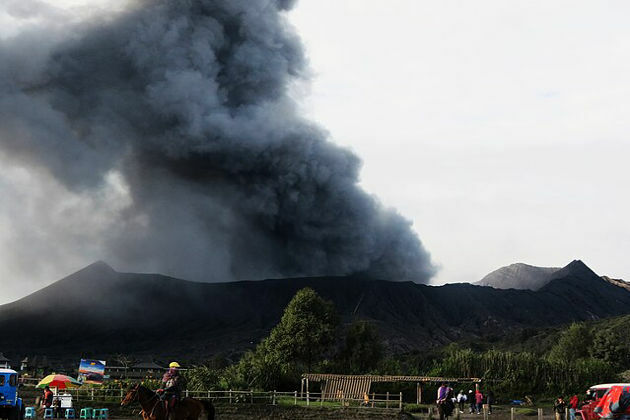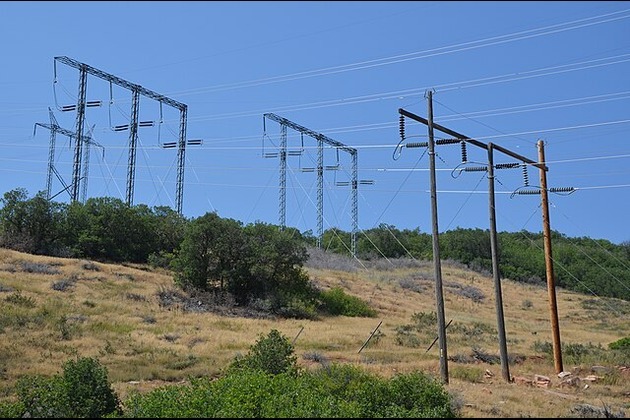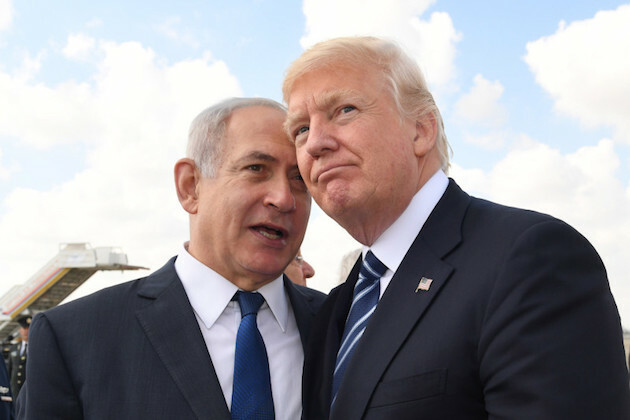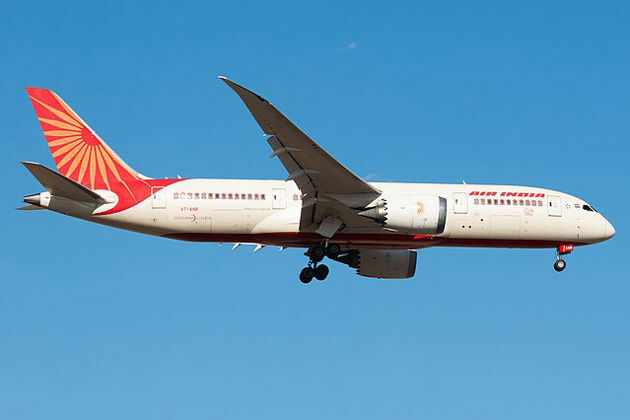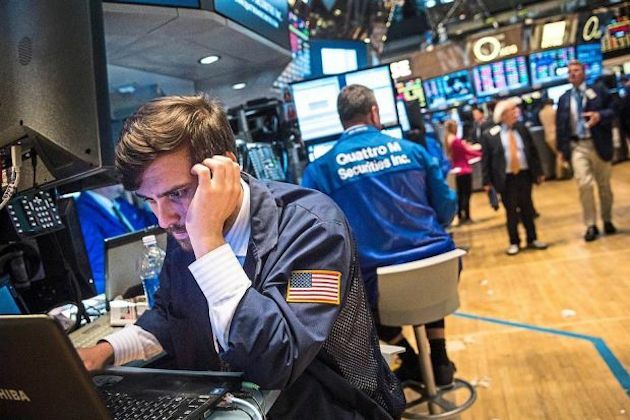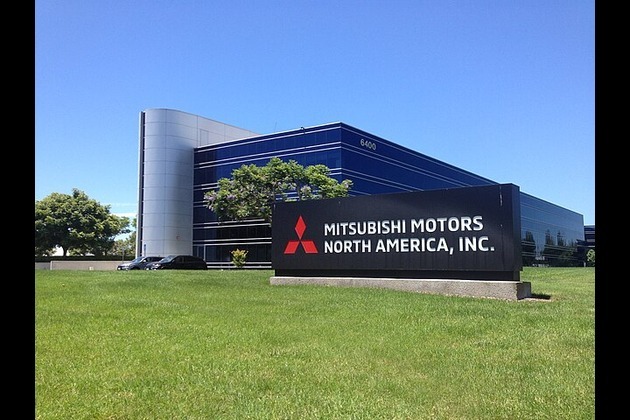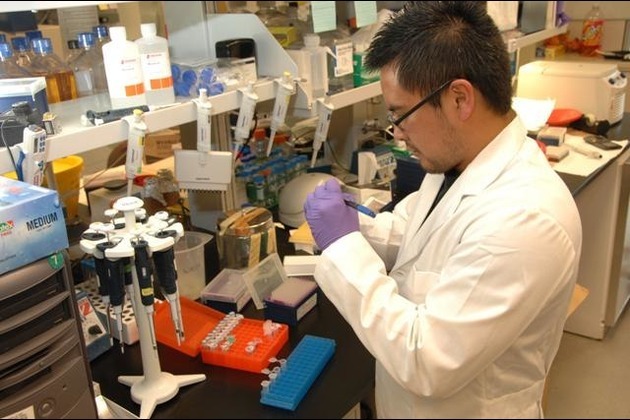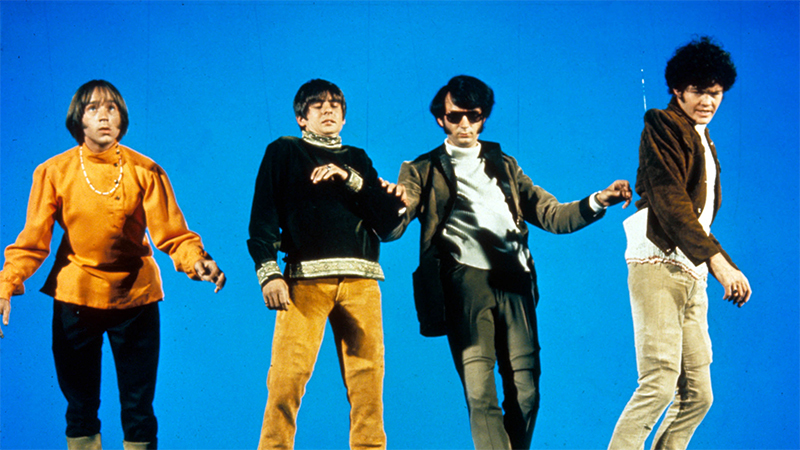Japanese believe in India's strategic importance: Author Sanjeev Sinha
IANS
21 May 2016, 12:09 GMT+10

New Delhi, May 21 (IANS) The Japanese find it "difficult" to operate in "jugaad-oriented India" (the culture of improvisation) but have found a financial route solution to this, says Indian-origin author Sanjeev Sinha, a long-time resident of the Pacific island nation where he is a director in the country arm of a prominent global consultancy.
"The top Japanese leadership, at the industrial as well as political level, strongly believes in the strategic importance of India, but as Japan is highly process- and meticulous planning-oriented, they find it very difficult to plan and manage a business in typically jugaad-oriented India. The solution lies in the long-term Japanese capital to facilitate the long-term strategic engagement, and building a strong human resource base with understanding of both sides to play the role of a bridge between the two styles," Sinha told IANS in an email interview from Tokyo.
To this end, Sinha, in his just-published second book, "Indo to Nihon ha Saikyou Combi" (India-Japan: The Most Powerful Combination), explains how the two countries can complement each other to be the most powerful combination in the world.
"While Japan has the (long-term low-cost and socially-responsible) capital and environmentally-friendly technology as much needed by India, India has the growth markets and global human resource as much needed by Japan," he said.
"Both the countries share respect for nature rooted in the Hindu culture in India and the Shinto system of Japan. Both India and Japan share the common philosophy of non-violence and non-materialistic self-contentment of Buddhism," added Sinha, a Tokyo-resident since 1996 who heads PWC Japan. His book has been published by Kodansha, Japan's largest publisher.
"Japan is a great role model for India for an economic growth with very low income disparity, while Indian community is a great role model for Japan in its pursuit of globalisation. And, most importantly, the deep trust in the two countries by each other as well as the rest of the world, makes it a global win-win-win combination," Sinha says in the book, which builds on his debut work, "Sugoi Indo" (Amazing India).
Are there any linkages between this book and the previous one?
"Amazing India" was about India, "especially how India produces global human resource like the CEOs of Google and Microsoft. That book presented India based on my personal story -- how coming from a lower middle class family in the small desert town of Barmer, with my father mostly posted in difficult remote locations and my mother a government primary school teacher in a small village, I rose to be highly respected among the top economic and academic circles of Japan", Sinha explained rather modestly.
Born in Barmer in 1973, Sinha was the first from the region to go to the prestigious IIT (Indian Institute of Technology) after his high school. After his integrated masters in physics and working with Indian conglomerate Godrej, he came to Japan to join GenTech for Ramp;D in Artificial Intelligence in 1996, leading to some of the key technologies for current Automated Driving Systems.
Acquiring another masters in finance, Sinha built a career working with Goldman Sachs, Mizuho Securities, UBS and then as chief country representative for Tata Asset Management and Tata Realty and Infra, before ending up in his present position.
How then can Japan contribute to the Make in India and other initiatives of the government like Digital India and the Smart Cities project?
"Japan's strengths in high quality manufacturing needs no introduction. Japan can contribute to India with much of the world's best technology as well as the best practices for manufacturing industry," he said.
"More importantly, Japan also has huge investment capacity, which can be deployed in a holistic big picture not just for the factories but also for the related essential physical and social infrastructure, for example, transport, logistics, power, water and skill development," he added.
In the case of Digital India, "cyber security is a must where Japan stands out as a highly trusted country in India with the best technology and capital too. India and Japan already have a very strong cyber security agreement which must be put to use concretely," he said
In Japan, he noted, "every city and village is Smart with one of the lowest carbon emissions in the world and well-maintained urban architecture with some of the world's best urban transport systems. Japan has also maintained a very good combination of tradition and technology, with renowned examples like Kyoto and Kanazawa".
As an advisor to Kyoto University, Sinha is also pursuing city-to-city collaboration between Kyoto and Varanasi.
In all this, he lamented that there was very little people-to-people contact between the two countries.
"While Japan and India have a deep rooted historical friendship and trust, there is a very little people-to-people exchange between the two countries with only about 30,000 Indians in Japan compared to approximately 3,000,000 in the US and 600,000 in a single city like Singapore.
"This has led to very little knowledge about each other and has created a chicken-and-egg problem in terms of people exchanges," he added.
Sinha's two books are meant to promote awareness about India in Japan and his third would be "about Japan and India-Japan relations with an Indian readership in mind so as to help Indian youth, policy-makers and industry to better understand and explore collaboration with Japan", he said.
(Vishnu Makhijani can be contacted at [email protected])
--IANS
vm/dg/ky/tb Share
Share
 Tweet
Tweet
 Share
Share
 Flip
Flip
 Email
Email
Watch latest videos
Subscribe and Follow
Get a daily dose of Las Vegas Herald news through our daily email, its complimentary and keeps you fully up to date with world and business news as well.
News RELEASES
Publish news of your business, community or sports group, personnel appointments, major event and more by submitting a news release to Las Vegas Herald.
More InformationInternational
SectionDrug shortages and layoffs spark health crisis in Argentina
BUENOS AIRES, Argentina: Since taking office in December 2023, Argentine President Javier Milei has implemented sweeping austerity...
Volcanic ash grounds flights to Indonesia, disrupts travel to Bali
LEMBATA, Indonesia: Indonesia's Mount Lewotobi Laki Laki erupted dramatically on June 18, generating substantial ash and smoke plumes....
REE misjudgment caused April blackout, says Spain's energy chief
MADRID, Spain: A routine oversight by Spain's power grid operator, REE, has been identified as the trigger behind the large-scale blackout...
Trump gives himself a fortnight to decide on joining Netanyahu's war
WASHINGTON, DC - In a bid to defuse speculation, U.S. President Donald Trump says he will make his decision on whether to have the...
U.S. abandons inter-agency effort to pressure Moscow on Ukraine
WASHINGTON, D.C.: A quiet shift inside the Trump administration has stalled a key diplomatic initiative aimed at pushing Russia toward...
Investigators examining Black Boxes recovered from Air India Boeing
NEW DELHI, India: Indian investigators are examining the black boxes from a Boeing 787 Dreamliner to determine the cause of a catastrophic...
Business
SectionBrazil aims to restart poultry trade after bird flu clearance
SAO PAULO, Brazil: Brazil is taking confident steps to restore its dominance in global poultry exports after declaring its commercial...
U.S. stocks restricted by tensions in Middle East
NEW YORK, New YorK - U.S. stocks closed mixed on Friday, with gains and losses modest, as investors and traders weighed up the escalation...
US consumers cut back after early surge ahead of Trump tariffs
WASHINGTON, D.C.: Retail sales dropped sharply in May as consumer spending slowed after a strong start to the year, primarily due to...
Mitsubishi joins automakers raising prices after import tariffs
WASHINGTON, D.C.: Mitsubishi Motors is the latest automaker to raise prices in the United States, joining a growing list of car companies...
Lilly makes $1.3 billion move to expand into gene-edited heart drugs
INDIANAPOLIS, Indiana: Eli Lilly is making a bold play in cardiovascular gene therapy, announcing plans to acquire its partner Verve...
New Zealand PM seeks stronger ties with China amid security talks
BEIJING/WELLINGTON: New Zealand's Prime Minister Christopher Luxon commenced his visit to China on June 17, seeking to strengthen trade...


